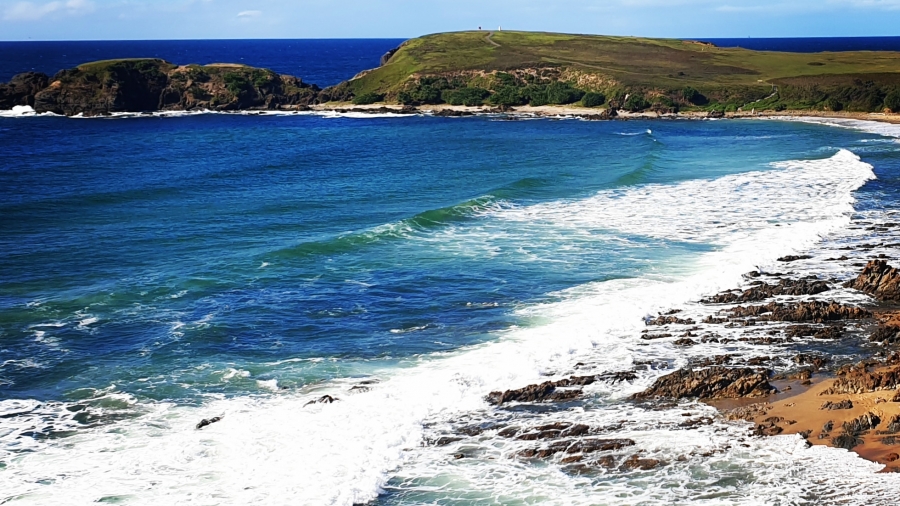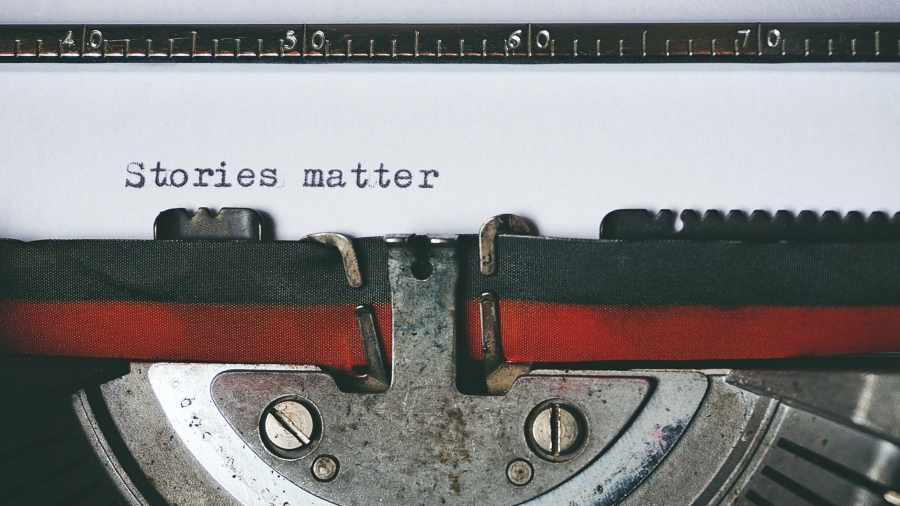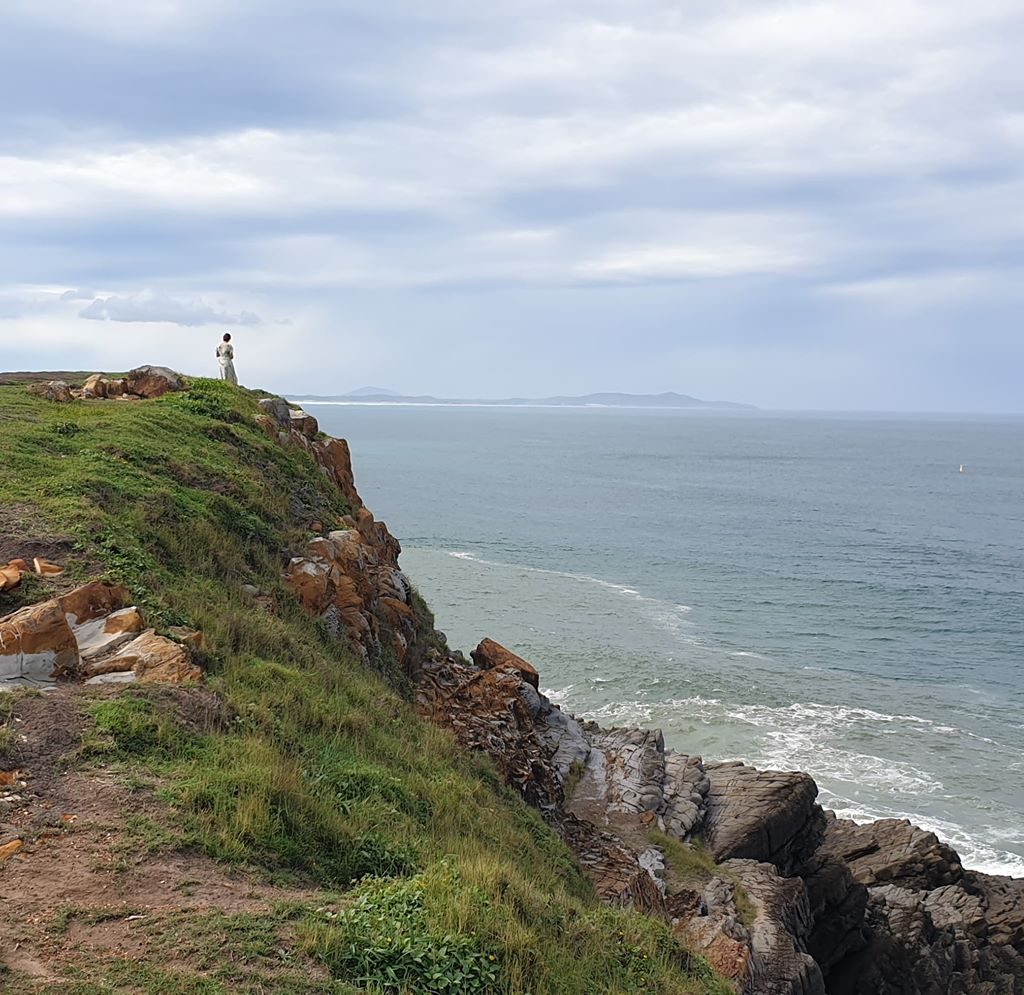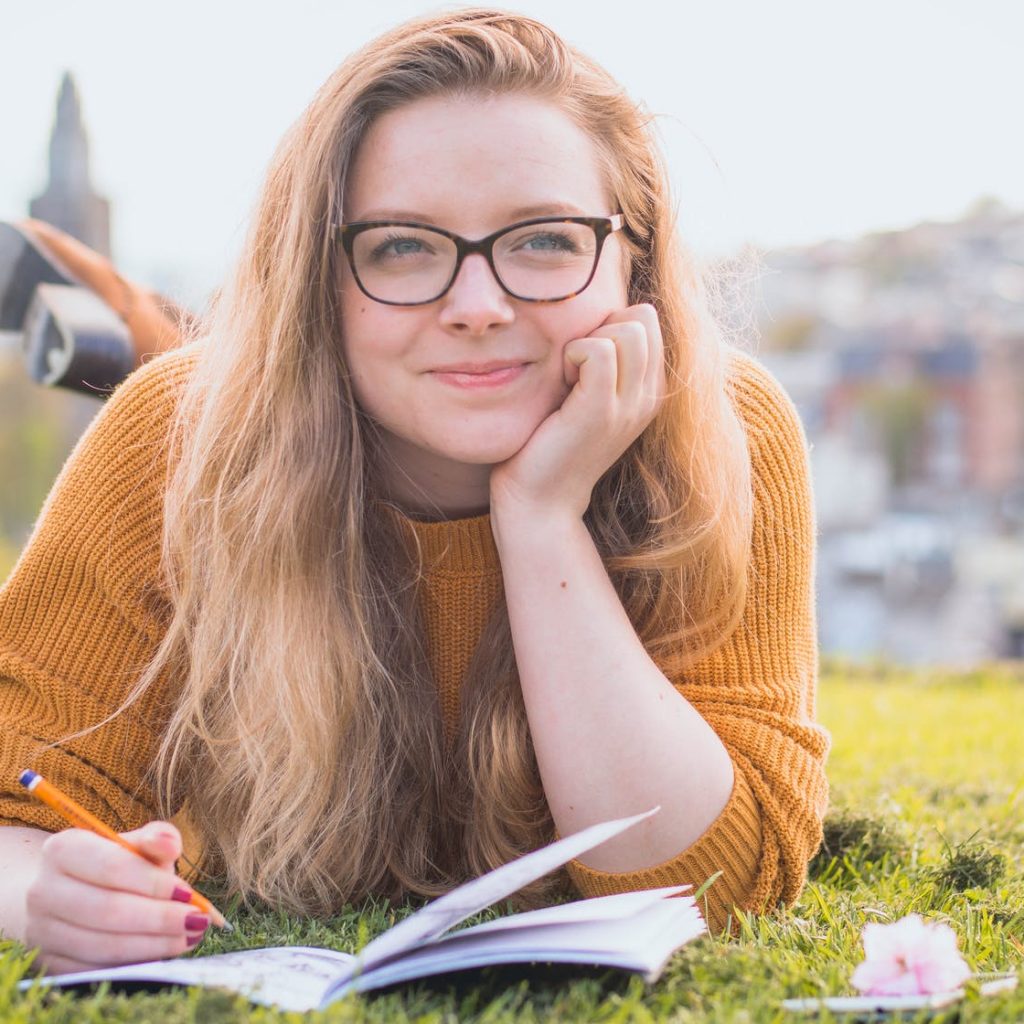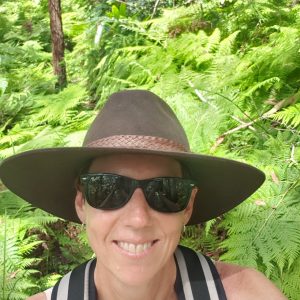
In the same way that I developed a passion for Indigenous social work and working with the most marginalised, I have also made the commitment to become a climate-conscious social worker. But what does that mean exactly? Well, here goes.
For me, it means acknowledging the climate emergency, that it is a human made problem and that there is a real urgency to address it. It means knowing just enough about the climate science to be informed, but limiting my intake of climate news so that it does not lead me down a black hole of despair. It means filling my awareness with good news environmental stories too, of which there are plenty.
It means recognising both the experience-near and distance effects of climate change, and that it impacts all of us. One does not need to have lost their home, possessions or loved ones through a flood or fire to be feeling deeply the effects.
It means I acknowledge that uncertainty over the future of the planet is a contributing factor to the rapidly rising rates of anxiety, depression and other mental health issues. I recognise the need to move away from individual therapy to more collaborative models that bring people together in community. I believe linking the lives of people through sharing stories and experiences reduces isolation, builds resilience and fosters hope.
It means being aware that the climate-concerns clients raise with me and the emotions they are experiencing are real, and deeply felt by me too. It means I listen actively and respectfully to their pain for the world, making space for people to explore their despair, fear, anxiety, anger, sadness and other feelings. And allowing myself to sit with the discomfort too.
It means I do not label people with a disorder. Eco-anxiety is not something to be cured or fixed. Climate distress is a very healthy emotional response, as a sign of sensitivity, empathy and love for our beautiful planet. It speaks to the values and beliefs that are important to people.
It means acknowledging the role that Indigenous peoples played in caring for the environment before colonisation and industrialisation (and continue to do so). It is awareness of the links between climate change and global inequality and recognising that institutional racism, injustice and economic inequality are root causes. It is those that have been exploited and contributed the least to the problem that are now suffering the most.
It means bringing people back into relationship with the more-than-human world. It is the loss of our connection with nature that has got us into this mess. And so my belief is that one step towards climate healing is coming back to nature. When we have re-established our relationship with Mother Nature, then we are more like to care for her, look out for her, respect her.
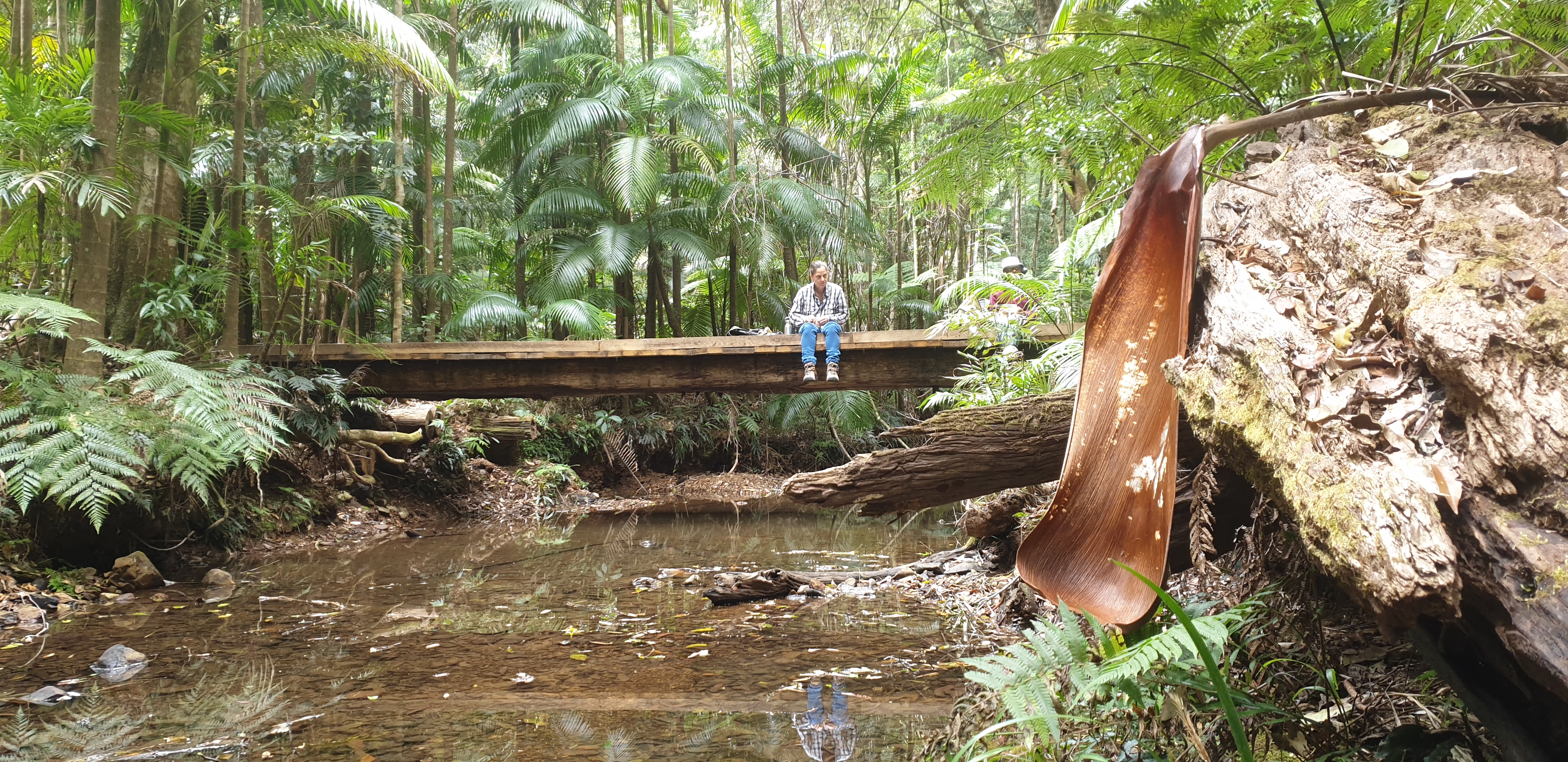
It means helping people to find ‘active hope’, that is, moving beyond paralysing feelings of helplessness to taking action. It is only after exploring and accepting our feelings, that we can take action in a conscious and grounded way. Whether you decide to fly less and holiday near home or become an environmentalist, it is all valued.
It means holding my counselling sessions and groupwork in the outdoors wherever possible. There is a wealth of scientific knowledge that nature is good for our health and wellbeing and so holding my consultations outdoors is already working magic on people before they open their mouth to speak.
It means that I actively maintain my own healthy relationship with the more-than-human world. I walk the talk. I do everything that I invite my clients to do. Spending time sitting in quiet contemplation, practicing mindfulness, finding ways of tending to nature like picking up rubbish or joining Landcare.
It means I live as lightly as possible on the earth. It is accepting the reality that I am contributing to the release of green houses gases every time I leave the house but not letting guilt or shame talk me into becoming immobilised. It is about taking any small actions I can, because it does make a difference.
It means that I actively support causes which are addressing climate change. I attend Climate Change marches and events where possible. I donate $1 from each counselling session I provide to ReForest Now, a non-profit planting trees and regenerating rainforest in NSW.
It means I am committed to ongoing professional development in the area of climate-conscious practice. I am a full member and Climate Aware Practitioner with Psychology For a Safe Climate.
If it is a climate-conscious mental health practitioner you are looking for, then let’s chat.

